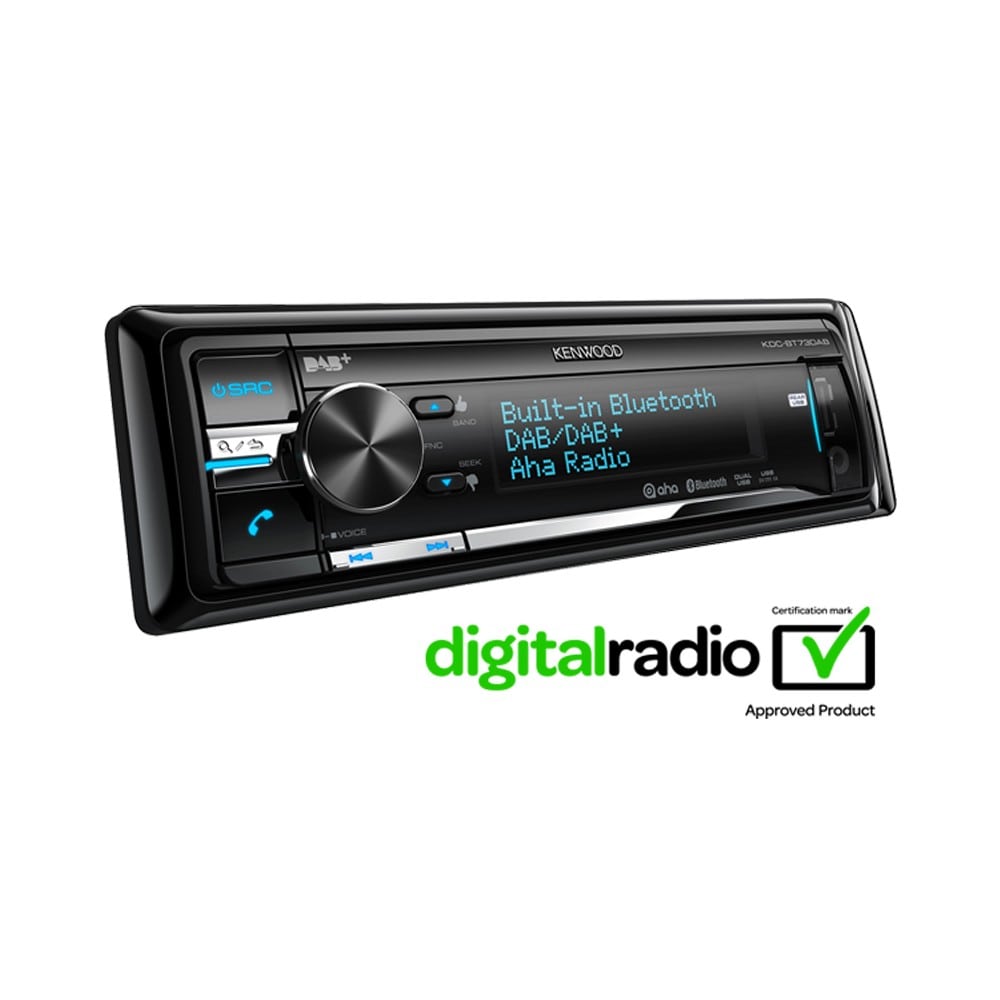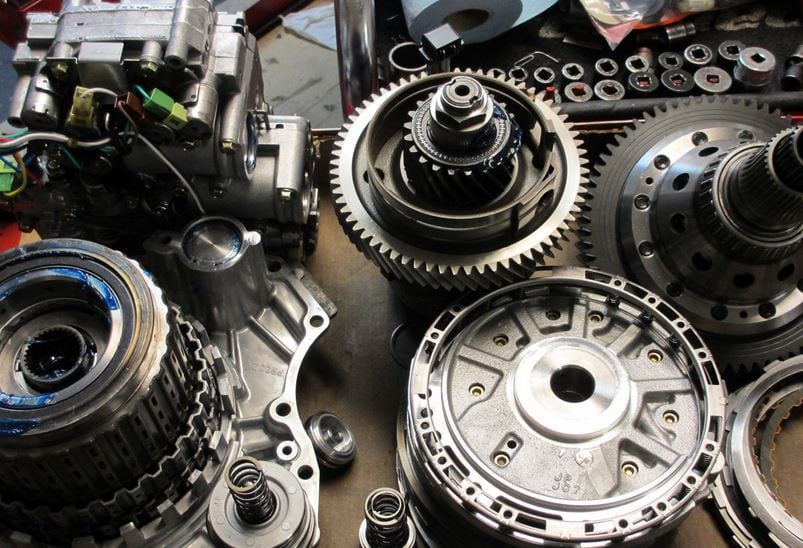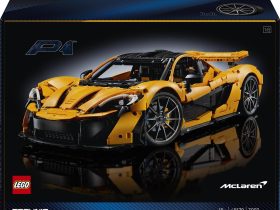Although electric vehicles are selling in higher numbers, consumers are still finding reliability issues to be an issue. The latest Annual Auto Reliability Survey from Consumer Reports shows that new electric vehicles, on average, have 79 percent more problems than do internal combustion vehicles. Plug-in hybrids fare even worse at 146 percent. Hybrids have 26 percent fewer problems.
“EVs are still in their relative infancy as mainstream vehicles, so it’s really not surprising that manufacturers, by and large, are still working out the kinks. That said, we are seeing signs of movement in the right direction. And as our data has consistently shown, reliability-minded consumers would be best served by forgoing brand new vehicles in their first model year.” —Jake Fisher, senior director of auto testing at Consumer Reports
The annual survey from Consumer Reports asks members about potential problems or trouble areas they’ve had with their vehicles in the past 12 months. This year’s survey covers 20 problem areas that include engine, electric motors, transmission, in-car electronics, and other issues. That feedback from consumers is then used to predict reliability ratings for new cars from every major mainstream model. This year’s data included more than 330,000 vehicles from model years 2020 to 2023.
In the past five years, Consumer Reports notes, the number of hybrids, plug-in hybrids (PHEVs), and electric vehicles (EVs) has been steadily increasing. More than half of the long-term test fleet vehicles Consumer Reports itself has purchased for testing are now electrified. This year’s survey adds three new trouble areas specific to electrified vehicles: electric motor, EV/hybrid battery, and EV charging. This should give a clearer picture of those aspects of today’s automotive market going forward.
This puts the mix of trouble areas for various drivetrains at different scales. Internal combustion engine (ICE) vehicles, for example, have 17 potential trouble areas whereas EVs have just 12 as non-relevant items are removed (engine, transmission, etc). Hybrids have more, at 19, because they combine some of the EV component and ICE components. PHEVs have the most, at 20, because they combine all three.
This year’s survey sets the reliability prediction for upcoming 2024 models for Consumer Reports’ publication. Each year’s reliability is based on the model’s past three years of surveys, provided the model has not undergone a complete redesign.
Most of the data found by Consumer Reports in this latest survey shines light on various issues with electrified vehicles when compared to traditional ICE models. Tesla, for example, still shows build quality and climate system issues. Most other EV manufacturers are having fewer build quality issues, but higher rates of powertrain, battery, and charging failure issues. Charging failures are considered when the vehicle does not charge, or charges very slowly or unpredictably, despite a working charger.
Plug-in hybrid models are showing extreme reliability issues, likely due to the complexity of their design. On the flip side, standard hybrids outshine their ICE counterparts by 26 percent with better reliability across the board. Several Toyota models are rated as some of the most reliable models in the survey.
This story first published on EVmeme.com.







